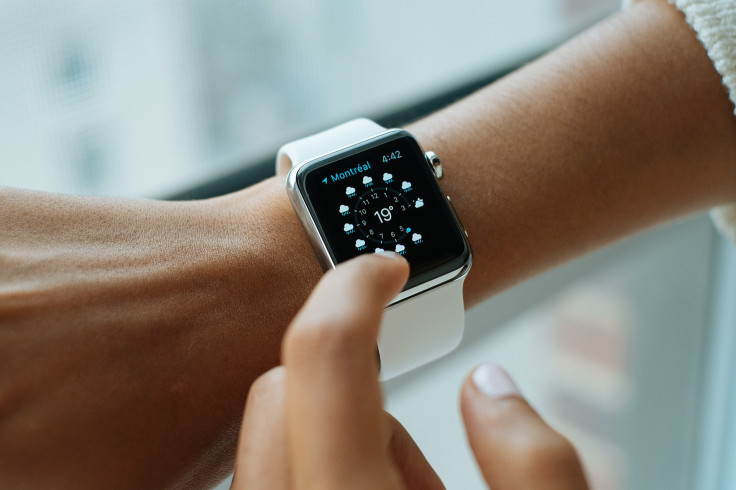Permanent Daylight Saving Time Is Bad For Health: Here's Why

KEY POINTS
- Daylight saving time may be harmful to the human body clock, also known as the circadian rhythm
- Offsets to the circadian rhythm can cause a variety of things, such as an increase in the risk of heart attacks
- A bill passed by the Senate is seeking to permanently adopt the time change by November next year
Daylight saving time (DST), the annual practice of turning back clocks by an hour in the autumn and setting them forward by one hour in the spring, is ruining people's health, experts warned.
"I'm one of the many sleep experts that knows it's a bad idea," Dr. Elizabeth Klerman, a neurology professor in the sleep medicine division at Harvard Medical School, was quoted as saying by CNN.
DST may be harmful to the body clock, also known as the circadian rhythm, according to Dr. Phyllis Zee, the director of the Center for Circadian Sleep Medicine at Northwestern University's Feinberg School of Medicine.
"Between March and November your body gets less morning light and more evening light, which can throw off your circadian rhythm," Zee said, according to the outlet.
Standard time, the period people in the U.S. and several other countries enter when they move their clocks back in the fall, is much closer to the sun's day and night cycle, which has set people's circadian rhythm for centuries.
"Your body clock stays with (natural) light not with the clock on your wall. And there's no evidence that your body fully shifts to the new time," Klerman explained to CNN.
An offset of even just one hour to a person's internal clock may result in the development of what sleep experts call "social jet lag."
The condition increases the risk of metabolic disorders such as diabetes and raises the risk of heart disease and stroke, studies showed.
It can also worsen mood disorders such as depression, affect the digestive and endocrine systems, shorten sleep duration and even reduce life expectancy.
Getting one hour less sleep for two weeks had the same effect on thinking and motor skills as going without sleep for two full nights, a 2003 study found.
Meanwhile, reducing sleep by 90 minutes from the recommended seven to eight hours for adults altered the DNA of immune cells and boosted inflammation, a key cause of chronic disease, according to another study.
Making DST permanent would make the chronic effects of any sleep loss more severe not only "because we have to go to work an hour earlier for an additional 5 months every year but also because body clocks are usually later in winter than in summer with reference to the sun clock," according to the Society for Research on Biological Rhythms.
"The combination of DST and winter would therefore make the differences between body clocks and the social clock even worse and would negatively affect our health even more," the authors said.
The American Academy of Sleep Medicine has called for a permanent ban on DST, arguing that "current evidence best supports the adoption of year-round standard time."
"[This] aligns best with human circadian biology and provides distinct benefits for public health and safety," the organization said.
The proposed ban has been endorsed by more than 20 medical, scientific and civic organizations, including the American College of Occupational and Environmental Medicine, the National Parent Teacher Association, the National Safety Council, the Society for Research on Biological Rhythms and the World Sleep Society.
Warnings against daylight saving time come as a bill seeking to permanently adopt the change may soon become law.
The bill, titled the Sunshine Protection Act (S.623), will make daylight saving time the permanent standard time effective Nov. 5 next year.
While the Senate's unanimous approval of S.623 initially sent shockwaves throughout the nation, the likelihood of Congress' lower house pushing the bill over the finish line and sending it to President Joe Biden before the end of the current legislative session on Jan. 23 is dimming, The Hill reported.
"I wouldn't expect it to happen this time," Maryland Rep. Kweisi Mfume told the outlet.
Proponents of S.623 claimed that the extra daylight in the evening would cut down on car accidents and crime. It would also increase opportunities for commerce and recreation as people prefer to shop and exercise during daylight hours, they said.
However, research has shown that both heart attacks and fatal car accidents increase after the clock falls forward in the spring.

© Copyright IBTimes 2024. All rights reserved.





















